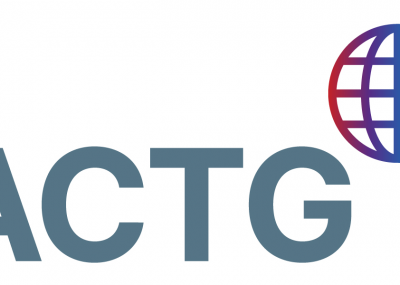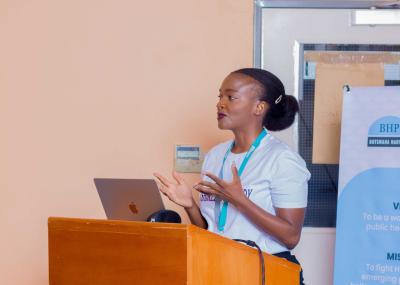Background: Concerns have been voiced that the exclusion of pregnant women from clinical trials results in a lack of safety and pharmacokinetic data for antiretroviral drugs (ARVs) in pregnancy, creating clear risks to pregnant women living with HIV (PWLHIV), and their infants.
Setting: The World Health Organization convened a Paediatric Antiretroviral Drug Optimization group meeting, December 10-12, 2018, in Geneva, Switzerland.
Methods: The group, comprised of clinicians, scientists, HIV program managers, regulators, and community representatives, were tasked to consider how ARVs are studied in PWLHIV, define alternative approaches to studying ARVs in PWLHIV, identify ways to shorten the timeline to determine safe use of new agents during pregnancy, and define strategies to collaborate with regulators and industry to change longstanding practices.
Results: Most new ARVs are not studied in pregnant populations until after drug licensure, primarily opportunistically among women who become pregnant while taking the ARV of interest. Acceleration of the timeline will require earlier completion of preclinical studies and a new paradigm, namely-under certain conditions-allow women who become pregnant while participating in phase III ARV studies the option of remaining on study and enroll pregnant women into phase III trials of new agents to obtain preliminary safety and dosing and efficacy data.
Conclusion: A revision of the current approach to the study of antiretrovirals in pregnant women is urgently needed to improve timely access and safe use of new agents during pregnancy.




